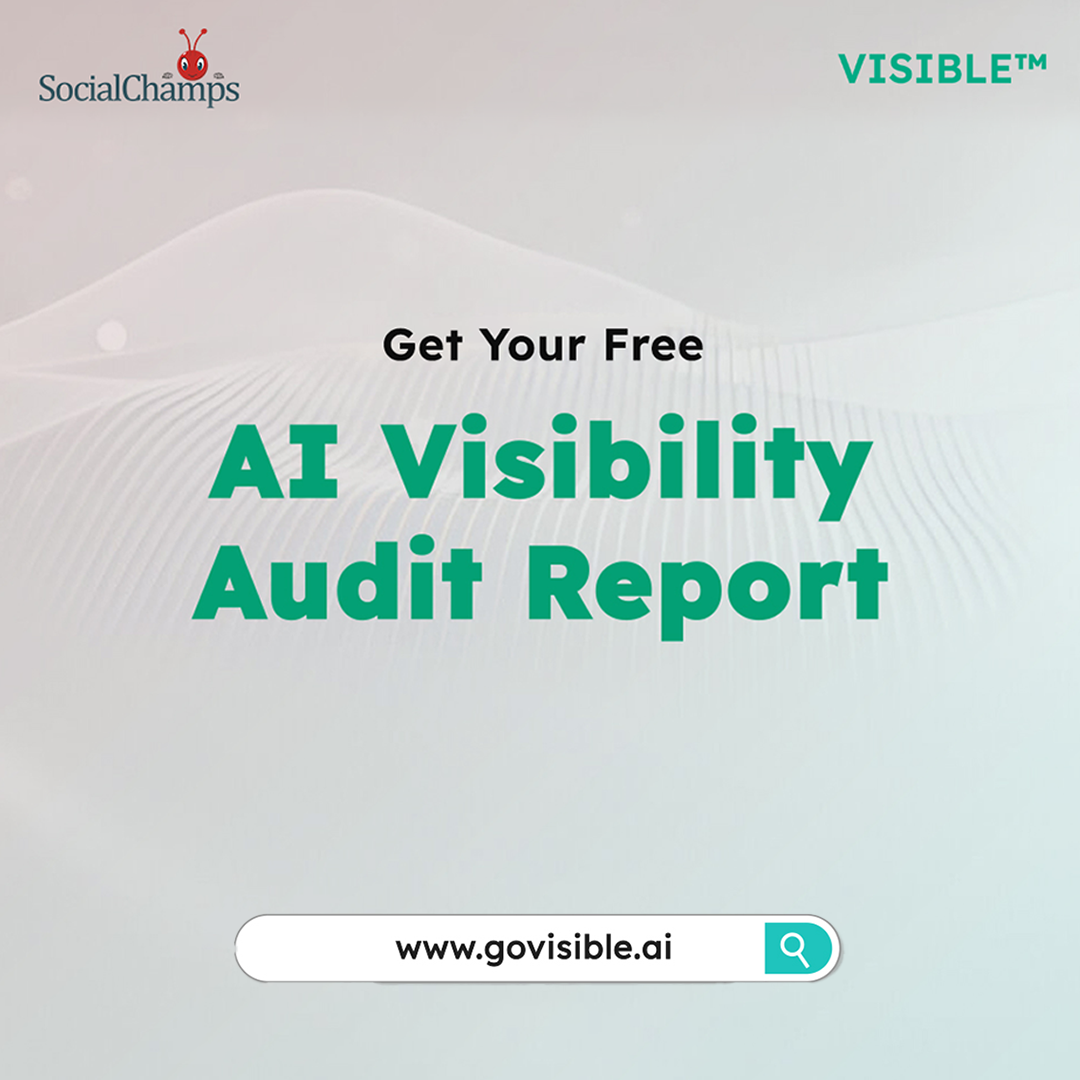Almost a month ago, Facebook started rolling out a conversion measurement tool that would serve as a link and help online marketers in bridging the data gap between social ads and online sales.
According to David Baser, Facebook‘s ads product manager:
“Measuring ad effectiveness and outcomes is absolutely crucial to all types of businesses and marketers.”
Quoting an example of an online shoe retailer, Baser said, “You would see the number of people who bought shoes.”
According to a recent report from Content Marketing Institute (CMI), 41% of Business-to-Consumer (B2C), content marketers face with the inability to measure content effectiveness, while web traffic, direct sales, and social media sharing came in as the top three measurement criteria. Facebook‘s new tool for conversion measurement is now in the beta stages and it can help analyze and measure results.
According to a blog called AllFacebook, social media marketers can add code to website pages to measure conversions using facebook conversion tool. When Facebook ads are clicked, conversions are added in the ad manager. This allows marketers to cater their initiatives to users who are most likely to convert. Facebook‘s new tool could assist B2C marketers looking to gain a competitive edge on the platform.
According to Facebook, the following is paragraph explains how Conversion Measurement Tool actually works:
Marketers can create and add a snippet of code to any page on their websites — such as checkout pages, registration pages, and donation pages — to measure conversions. When Web surfers access those pages via Facebook ads, those code snippets ping the social network, adding the conversion to a count in ad manager.
Marketers can also have the option for Optimized CPM bidding, a service that targets those Facebook users who are most likely to convert with specific adverts.
Looks like, after changing the face of social networking, Facebook is all set to change the face of online marketing as well. Let us see how conversion measurement tool benefits marketers and consumers.




0 Comments